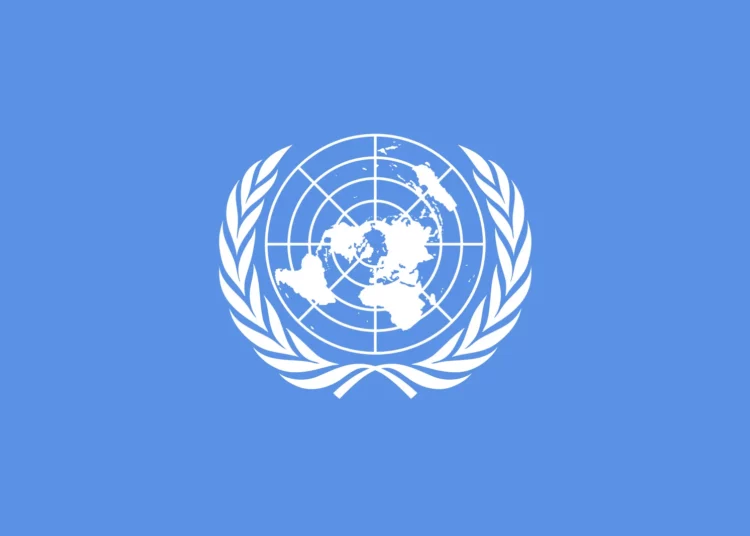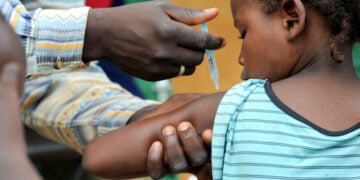The United Nations Office on Drugs and Crime (UNODC) has announced a partnership with Photographers Engage Nigeria to explore how photography can be used as a tool to combat crime and promote social reform at the forthcoming Abuja International Photo Festival.
The 2025 edition of the festival, scheduled to hold from October 29 to 31 at the Exhibition Pavilion of the Abuja International Conference Centre, will bring together photographers, visual storytellers, and creative professionals from across the globe to examine how imagery can drive social change and address societal challenges.
As part of its focus, panel discussions at the festival will explore how photography can help counter the misuse of Artificial Intelligence-generated images in criminal activities such as cybercrime and misinformation.
Speaking at a press conference yesterday in Abuja, the founder of the Abuja International Photo Festival
Osaze Efe, revealed that over 1,500 photographers are expected to participate in this year’s edition.
Efe highlighted the festival’s role in youth empowerment, noting that the initiative has helped take many Nigerian youths off the streets and provided them with sustainable livelihoods in the creative industry.
“Through this platform, young Nigerians have turned their passion into sustainable careers,” Efe said. “They are unlocking opportunities in an industry valued at over ₦250 billion and proving that creativity can be both a tool for advocacy and economic empowerment.”
He added that the festival has mentored more than 500 young photographers who are now using their art to tell stories that challenge injustice, promote environmental awareness, and foster community development.
“Through photography, we are shaping conversations around identity, environment, migration, and human connection,” he said. “Now in its ninth year, the Abuja International Photo Festival has grown into one of Africa’s most significant platforms for visual culture.”
The theme for the 2025 edition, “A World Connected,” underscores the power of visual storytelling to transcend geography and language, linking people through shared emotions and experiences.
“In a world defined by digital connection yet marked by social fragmentation, photography remains a tool of truth, empathy, and hope,” Efe noted. “Art can change perspectives, influence policy, and build a more connected society.”
Also speaking at the briefing, Cheikh Toure, UNODC’s representative, said the organization’s participation reflects its commitment to engaging young people through creative channels to prevent crime and promote positive social values.
“Festivals like this form a foundation to fight crime, engage youth, and provide them with opportunities to earn a living,” Toure said.




